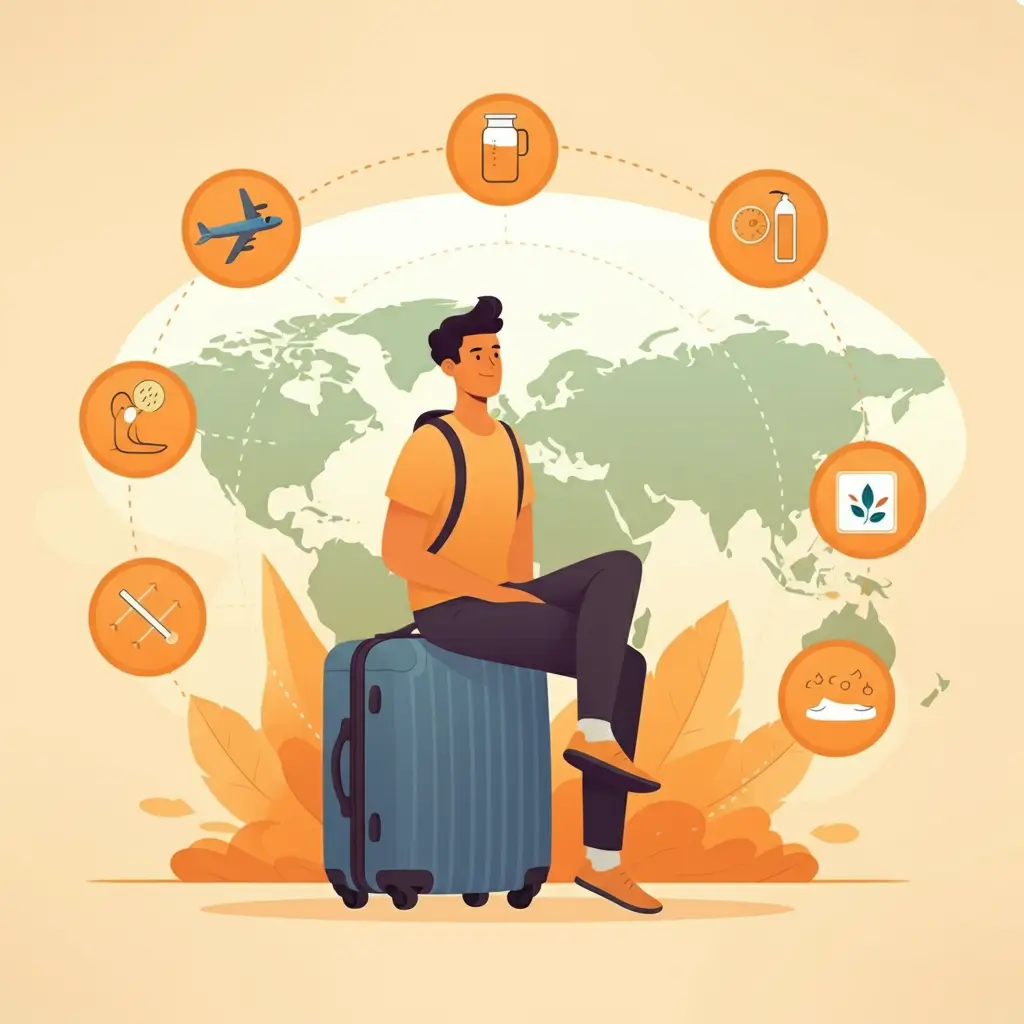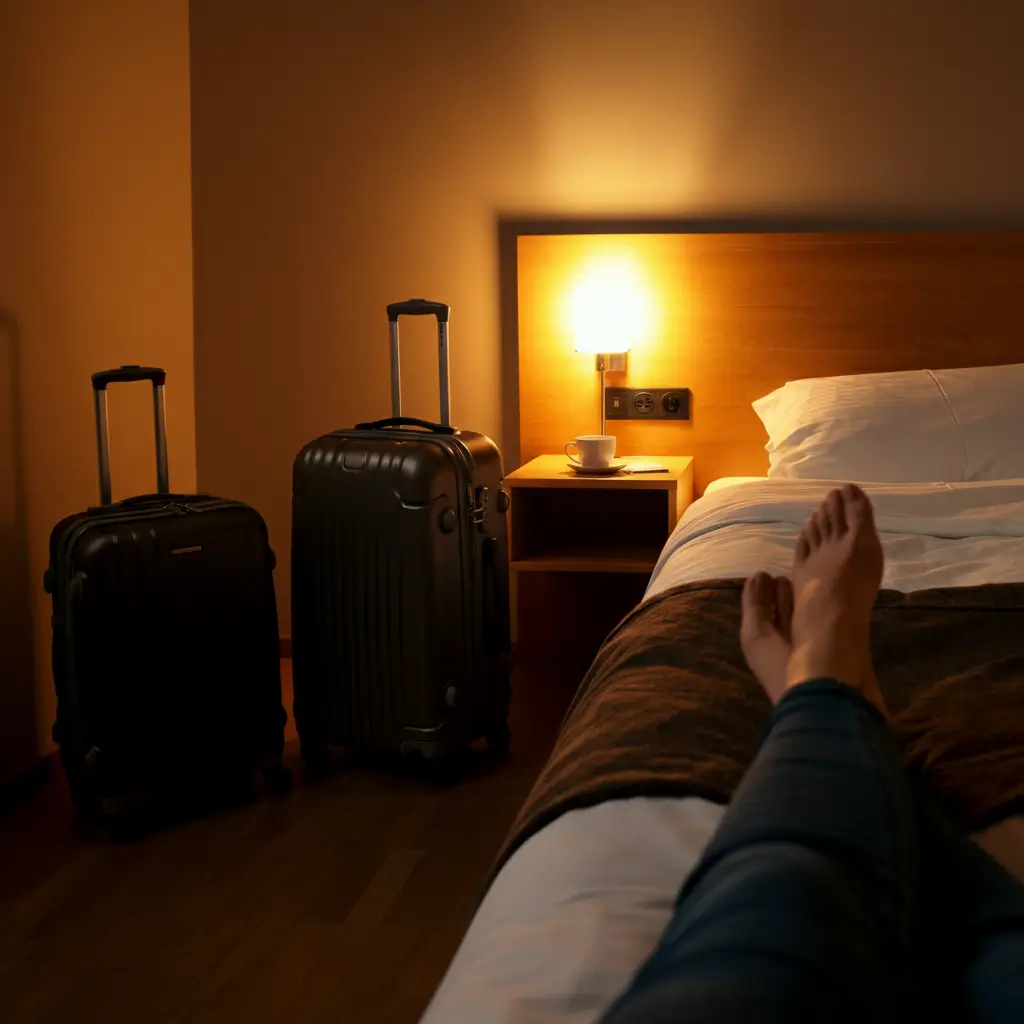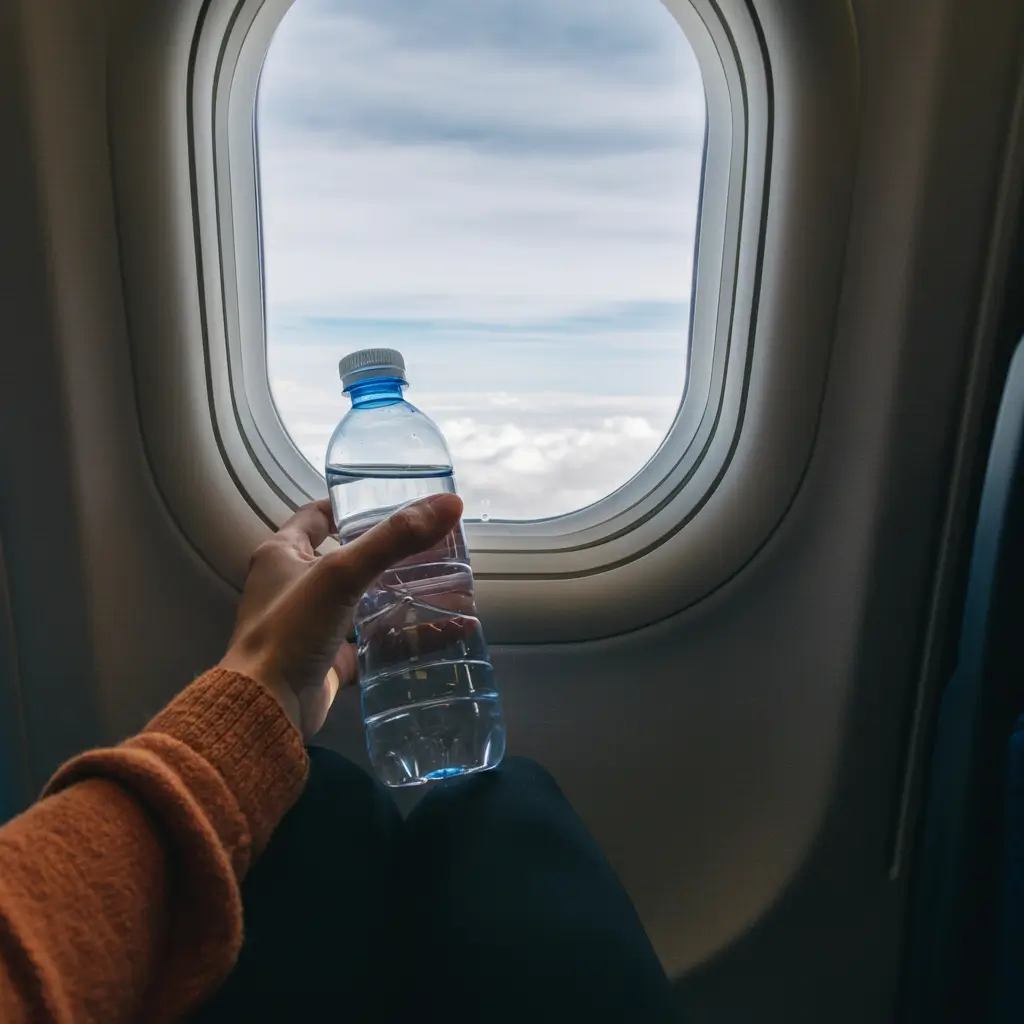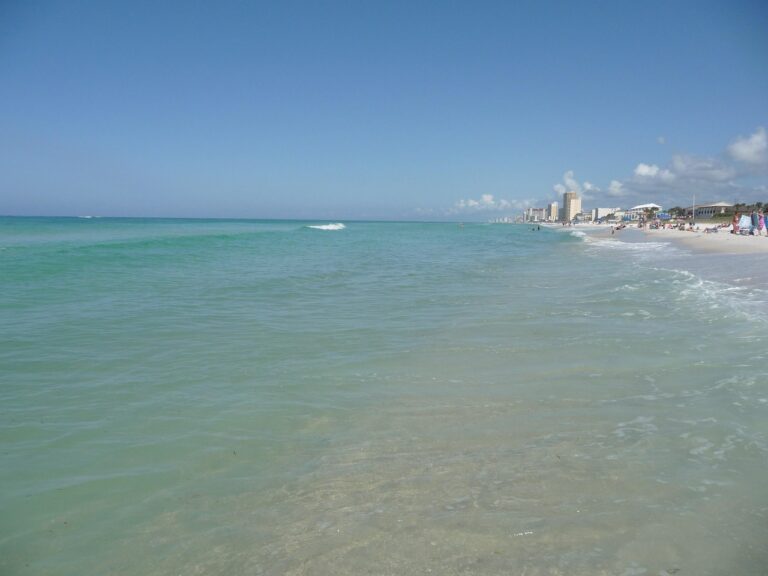Feeling Drained After Traveling? Top Hacks to Fight Travel Fatigue

Traveling opens doors to exciting adventures, unforgettable memories, and new experiences. Yet, for many, travel fatigue can dampen the joy of exploration. This deep exhaustion, caused by disrupted routines, long hours on the road, or poor preparation, affects physical and mental well-being. Whether you’re returning from an adventurous road trip or a marathon flight, travel fatigue can leave you feeling completely drained. But don’t worry—we’ve got your back. This article dives into proven hacks to combat travel fatigue, recover quickly, and enjoy your trips to the fullest. From understanding travel exhaustion to implementing actionable tips, you’ll learn how to fight tiredness and reclaim your energy. Whether it’s adopting better travel habits or discovering how to create a travel-friendly schedule, you’re on the way to becoming a well-rested and refreshed traveler!
If you’ve tackled challenges like soaring high during flights or juggling extensive road trips, you know managing travel stress is crucial to a fulfilling adventure.
Understanding Travel Fatigue and Its Causes
What Is Travel Fatigue?
Travel fatigue is more than just being tired after a long day. It’s a mix of physical and mental exhaustion brought on by long hours, disrupted sleep, and the general stress of navigating through new environments. This condition affects your mood, energy levels, and even your motivation to enjoy the itinerary you’ve planned.
Unlike occasional tiredness, travel fatigue impacts your ability to recover quickly. Signs include irritability, trouble concentrating, and persistent tiredness, even after rest. Understanding this fatigue will help you pinpoint its causes and learn how to beat it.
Common Causes of Exhaustion After Traveling
Many common mistakes during travel lead to fatigue. Poor preparation, such as neglecting to pack hydration essentials or overloading your schedule, leaves no room for restful breaks. Long drives, which require focus and extended hours sitting, are a huge factor. Exposure to time changes results in jet lag, disrupting your body’s internal clock. Finally, dehydration, skipping meals, or reliance on processed snacks worsen the feeling of post-travel exhaustion.
For example, if you don’t plan buffer days or follow sustainable routines during your travels, fatigue can hit harder than expected. Check out 10 Common International Travel Mistakes and How to Avoid Them for more tips on avoiding common travel errors.
How to Combat Travel Fatigue on the Road

Staying Energized During Long Drives
Driving for long hours demands mental focus and physical stamina, both of which take a toll over time. Beat exhaustion by taking frequent pit stops, stretching, and keeping yourself hydrated. Bring healthier snack options like nuts or fruits to maintain steady energy levels throughout. Podcasts or audiobooks can offer mental stimulation, keeping you engaged behind the wheel.
Plan your route strategically, choosing scenic stops to break the monotony. Following this practice not only reduces fatigue but adds enjoyment to the overall travel experience. Need some inspiration for your next adventure? From Coast to Coast: Discover the Best Road Trips in the USA dives deep into how to make your road trip more enjoyable and manageable.
Adjusting Your Travel Schedule for Better Rest
When planning your trips, build downtime into your itinerary. Whether it’s allocating an extra night at a hotel or scheduling mid-trip naps, a well-paced plan prevents exhaustion. Try shorter travel days or opt for slow travel, where you engage deeply with fewer destinations rather than rushing from spot to spot.
Small adjustments like considering your body’s natural energy levels during planning can result in greater long-term stamina and an improved mental state.
Recovery Secrets: Overcoming Post-Travel Tiredness

Tips for Recharging After a Long Journey
Recovery starts as soon as you get home. Focus on rehydrating, eating nutritious meals, and easing into your routine gently. Physical activities like yoga or light exercise can reinvigorate your circulation and gradually reintroduce normal energy levels after prolonged sedentary travel.
One trick is prioritizing sunlight exposure to reset your circadian rhythm while avoiding overwhelming tasks. A calm, measured return ensures you get back on track without forcing your tired body.
The Role of Sleep in Fighting Travel Exhaustion
Sleep is key when it comes to fighting fatigue. Re-create your sleep routine as quickly as possible by establishing quiet downtime. If you’re dealing with jet lag, adapt your sleep to the new time zone quickly and use tools like blackout curtains or sleep aids. Ensure your room is comfortable and free of distractions to maximize rest.
For more sustainable travel habits, explore Green Getaways Done Right: Mastering the Art of Responsible Travel, which highlights ways to minimize stress for a more enjoyable experience.
Long-Term Solutions for Preventing Travel Fatigue

Planning Travel with Fatigue in Mind
A little foresight goes a long way toward preventing fatigue. Break longer trips into manageable chunks, opt for overnight stays, and prioritize accommodations that promote comfort and relaxation.
For instance, prioritize early-morning flights rather than red-eyes to get better rest before arriving at your destination. Additionally, keep your travel companions’ preferences in mind to avoid mental friction along the way.
Adopting Habits That Promote Energy While Traveling
Make hydration your mantra, as dehydration intensifies fatigue during trips. Carrying a reusable water bottle ensures constant access to fluids. Balanced meals, a mix of carbs and proteins, also keep energy dips at bay.
Integrating short walking sessions keeps you active and stimulates circulation if you travel by bus, car, or flight. These small lifestyle changes, though simple, have significant long-term benefits for consistent, energy-boosted travel.
Managing Travel-Related Sleep Problems
Overcoming Jet Lag Quickly
Jet lag affects travelers moving across several time zones. Mitigating its effects starts with adapting your body. Gradually adjust your bedtime before travel, and immerse yourself in natural light upon arrival to normalize your body’s clock. Maintain hydration as air travel dries your system, amplifying fatigue.
For flights, feel empowered with Soaring High: 7 Proven Strategies to Conquer Your Fear of Flying, packed with advice for maintaining focus and calm during long-haul journeys critical for jet lag prevention.
Creating a Travel-Friendly Sleep Routine
Travel-friendly routines go beyond packing comfy neck pillows. Set alarms to mimic waking hours consistent with your usual habits so that your body experiences minimal variance. Apps offering guided meditations can also serve as valuable tools for calming pre-sleep nerves abroad.
Quick Hacks to Stay Refreshed During Travel
Hydration Is Key
Dehydration commonly flies under the radar yet accounts for widespread travel exhaustion. Whether on flights, hikes, or cruises, travelers benefit tremendously by prioritizing fluids. Beverage choices matter; while indulging in local cocktails feels inevitable, alternate each drink with water to ensure balance.
Care for Your Body on the Move
Wear comfortable gear like compression socks during long-haul flights or drives to improve blood circulation. Keep portable remedies (gum for ear pressure, aromatic sprays to awaken senses) accessible for refreshment. Lastly, indulge in stretching whenever downtime permits for enhanced flexibility.
Stress Management While Traveling
Staying Mentally Fresh During Long Journeys
Travel doesn’t just drain your body; it can weigh on your mind too. Journaling your travels or practicing mindfulness helps you reflect and re-center. It’s also important to stay flexible and allow room for spontaneity in your plans—that way, stressful situations don’t derail your mood.
Balancing Adventure with Relaxation
Aim for itineraries blending tranquil activities like lounging by a serene beach or simply exploring parks. Dual-focused itineraries deliver not just sightseeing aplomb but preserve one’s mental bandwidth longer. Striking this balance enriches how visitors explore different cultures or cuisines.
Travel fatigue is a widespread yet solvable problem for modern adventurers. It requires being proactive—from smarter planning and better hydration to maintaining a sleep-first mentality. These steps can ease the impact of long flights, prevent mental burnout, and leave you fully refreshed for your journeys. By adopting these tips, staying energized no longer feels unattainable during exploration-packed adventures.






